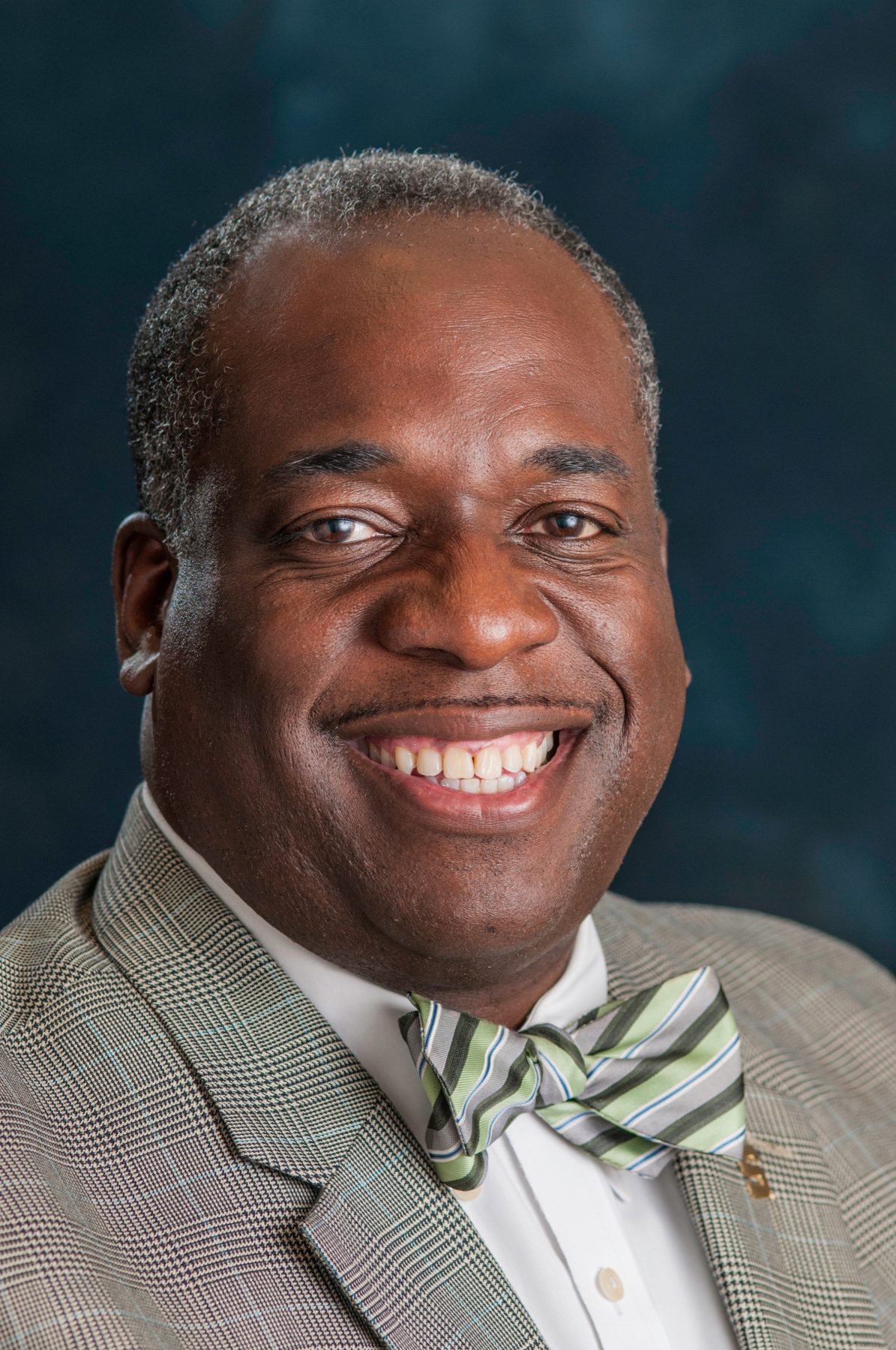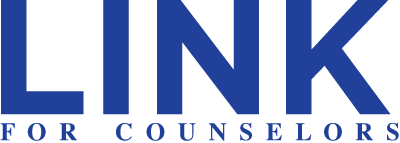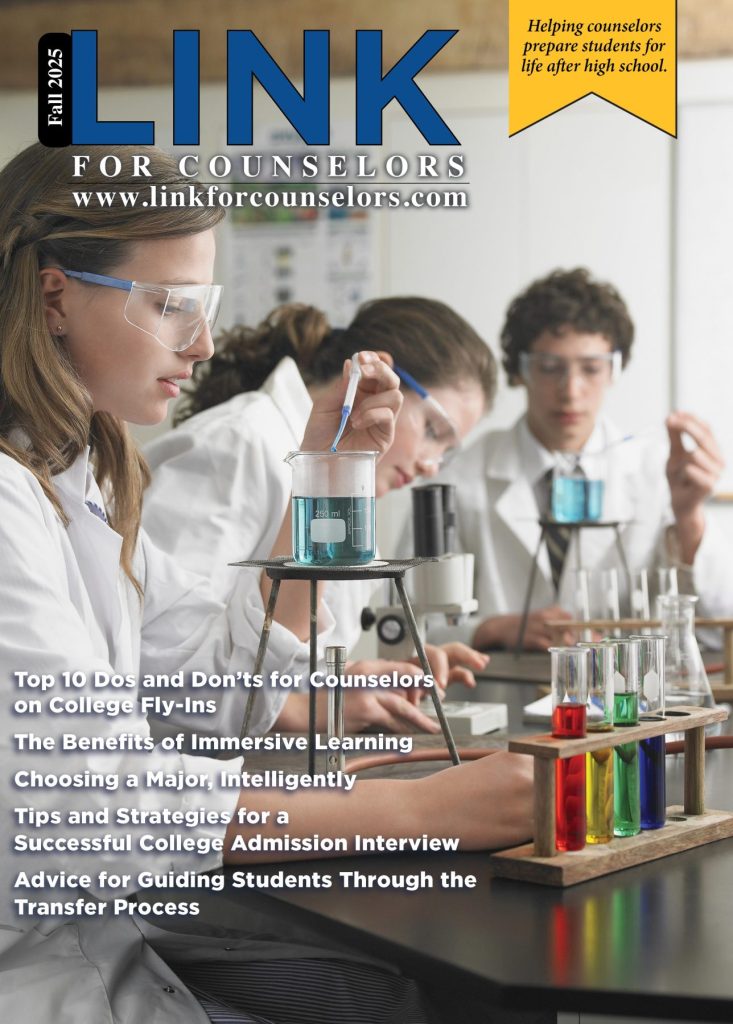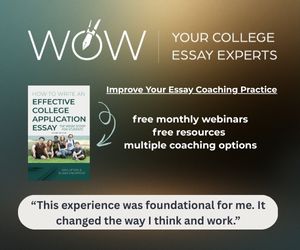Inside Higher Ed recently put together a group of 24 Admissions professionals (see end of article for the list) to write a letter with tips for College-Bound Students and their Parents. Here is the letter they recently published:
There
are few times more exciting to work on a college campus than the start
of a new academic year. Across the country, thousands of new students
descend on institutions of higher learning, each student with their own
talents and aspirations, eager to share their understanding of the
world, excited to discover more about who they are and what the world
has to offer. Those of us working in college admissions offices are
grateful and humbled to watch this happen every fall, as bright, able
students begin a journey of discovery as strangers and emerge from the
experience knowing more about themselves, each other and the
possibilities that await after graduation.
To be sure, the process of starting college, and the application
process that accompanies it, can have its moments of anxiety and
uncertainty. Applying to college opens students to scrutiny in ways few
other events in life do, and the uncertainty that accompanies the
college application process can be rife with doubts. The same can occur
in the initial few days of the first year of college, or even subsequent
years, as students see the academic and social challenges awaiting
them, many wondering if they are up to the tasks required of them.
Recent studies suggest more students are experiencing bouts of
anxiety, doubt and depression over the transition to college, and life
in general, than ever before. Increasing competition for limited spots
at some colleges, concerns over the ability to meet the financial
demands of college attendance and general concern if the student is
heading in the right direction are just some of the factors contributing
to this increase. Combined with what other reports see as rising
personal and social pressures, it is easy to understand why more
students than ever before are looking for reassurance at a time of
transition that seems to offer so little of it.
To those students applying to college this fall, we say to you — we
hear you, and we are here to help. Out of the thousands of higher
education institutions in the United States — be it a four-year college
or university, a two-year college, or a technical training program —
not a single one runs an Office of Judgment. The purpose of an office of
admission is to authentically represent our institution and the
experience it can provide. We review each applicant and determine if
that student’s talents, goals and interests will be best served by our
school, without exceeding our capacity to serve all students who enroll.
It’s been said that no one goes into college admissions because they
want to see how many students they can reject. This isn’t always easy
for students to understand, especially when there are more qualified
applicants than room to admit them. But that is a limitation of the
college, not the students. There are many places where you can shine,
and the application process give you the opportunity to explore all of
them.
Our work with you is designed to nurture and encourage you in every
step of the application process, to create a dialogue that allows you to
bring forth the best, clearest picture of who you are, what you think
about and what our institution can do to help you grow. If your work on
an application finds you wondering where to turn for help, support or
reassurance, contact us. Helping you is not our job; it is our
privilege.
Recognizing that many of life’s challenges aren’t related to college,
it is important to realize you also have local support to help you with
any issues that may come up in your life. Understanding that teachers
and school counselors are often faced with high numbers of students to
serve, these professionals have a remarkable track record of stepping up
and offering help to students who ask for it. From reviewing drafts of
admissions essays, to listening to your plans for the future, to
connecting you to other professionals who may offer greater help with
other challenges, the educators and support teams of your local schools
are here for you as well.
To those students starting their college careers this fall, we say
welcome. Our work with your application for admission may be over, but
our help in welcoming you to campus and assisting with a smooth
adjustment to your new academic home is never over. Our colleagues in
other parts of the college, including student services, academic support
and the faculty, know there is more to a successful college transition
than good grades and a strong classroom experience.
If asking for help feels uncomfortable, know that every student feels
that way. It may look like everyone in college is walking around with
great confidence, but nearly no one is. College is a new world, with a
new language, culture and norms. It’s more than OK to acknowledge that
you need some help making sense of this new world, and research shows
that’s much more likely to happen if you find a peer or mentor to
connect with. It’s also the No. 1 reason you’ll come back for the next
semester, and the next year, and graduate. Start with the one person for
whom asking feels the least awkward. People who work for colleges are
there for one reason — your success — and they want to help.
To the parents looking for the best way to promote strong, healthy,
autonomous life habits in their children who are college bound, we
strongly urge you to play an active role that puts the student at the
center of the application and transition processes. The skills needed to
complete a college application require the same levels of judgment,
organization, collaboration, leadership and initiative that make for a
strong college experience. Now is the time for students to refine those
skills by practicing them and receiving constructive feedback that
allows them to reflect, regroup and try again if necessary.
A regularly scheduled weekly meeting to discuss college application
issues in high school and transition issues in college, typically around
20 to 30 minutes, provides a healthy avenue of reliable support and
structure your student can count on. There will be ample opportunities
to take steps to support your child in this process, but as is the case
with almost every parental duty, the vital steps are to listen more than
speak and to love the child you have, not the child you want.
Cultural and technological advances have created opportunities for
students that were difficult to imagine even a handful of years ago, yet
this abundance of choice seems to have brought new levels of
hesitation, doubt and stress for many young people. Our work as
admissions professionals — as educators in our own right — is to do
everything we can to clear the field of opportunity of as many of those
doubts as possible, and provide each student with the opportunity to
realize the very best in themselves, in others, and in the world they
will help shape.
Bill Conley
Vice president for enrollment management
Bucknell University
Bob Herr
Vice president for enrollment management and dean of college admissions
Drew University
Jody Chycinski
Associate vice president and director of admissions
Grand Valley State University
Deren Finks
Dean of admissions emeritus
Harvey Mudd College
Laurie Koehler
Vice president, marketing and enrollment strategy
Ithaca College
Greg MacDonald
Vice president, enrollment management
Lafayette College
Ken Anselment
Dean of admissions and financial aid
Lawrence University
John Ambrose
Interim executive director of admissions and recruitment
Michigan State University
Robert Springall
Vice president for enrollment management
Muhlenberg College
Gregory Mitton
Associate dean of admission/director of financial aid
Muhlenberg College
Gerri Daniels
Executive director, admissions
Northern Michigan University
J. Carey Thompson
Vice president for enrollment and communications, dean of admission
Rhodes College
Heath Einstein
Director of admission
Texas Christian University
Angel Perez
Vice president, enrollment and student success
Trinity College
Matt Malatesta
Vice president for admissions financial aid and enrollment
Union College, N.Y.
Clark Brigger
Executive director of admissions
University of Colorado Boulder
Don Bishop
Associate vice president for undergraduate enrollment
University of Notre Dame
Jim Rawlins
Director of admissions/assistant vice president for enrollment management
University of Oregon
Eric Furda
Dean of admissions
University of Pennsylvania
Gil Villanueva
Associate vice president and dean of admission
University of Richmond
Timothy Brunold
Dean of admission
University of Southern California
Andrew Wright
Vice president for enrollment management
University of Southern Indiana
Jeffery Gates
Senior vice president for student life and enrollment management
Utica College
Raymond Brown
Vice president for enrollment
Valparaiso University













